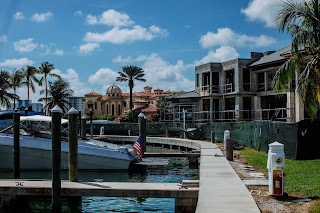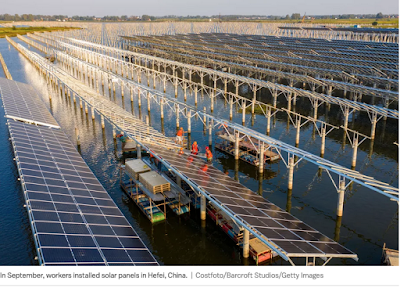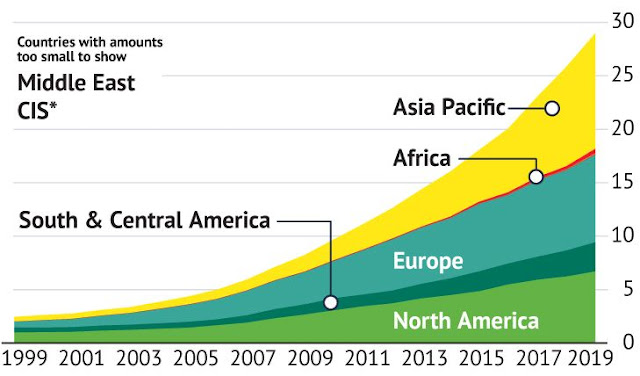 "VIENNA, Austria—Whenever artist Michael Aschauer
returns home after an extended stay in the United States, people here
pepper him with questions about the direction America is heading.
"VIENNA, Austria—Whenever artist Michael Aschauer
returns home after an extended stay in the United States, people here
pepper him with questions about the direction America is heading.
With gallows humor typical of the city, they often ask,
"Will it fall apart slowly, or very fast?" he said, adding that Vienna
has plenty of experience with how rising and falling empires can
destabilize global systems.
Aschauer
is married to an American and keenly watches climate and energy
politics on both sides of the Atlantic while trying to imagine a
post-carbon future. In an informal social media art project, he documents gas stations that have been abandoned or converted to other uses.
He said it's hard to imagine that Americans would re-elect
the
incumbent president, but that it can't be ruled out, either, given
the current volatility of U.S. politics. "The outcome will have profound
consequences for the future of Earth's climate," he added.
Carbon
budgets detailed in recent climate reports show that four more years of
pro-fossil fuel policies in the U.S. would make it much harder for the
world to reach the Paris climate agreement goal of preventing
catastrophic global warming, he said. On the other hand, Biden's decarbonization plan
would accelerate demand for renewable energy in the world's biggest
consumer economy and speed the global shift to a zero-carbon economy. "
.................
 "Debate Debacle
"Debate Debacle
But
it's not all fear and loathing—people here say they feel a cultural,
social and economic affinity with the U.S. And the interest is even more
intense this year, after extensive international media coverage of the escalating cycle of police violence and destructive protests, as well as wildfires, hurricanes, the botched pandemic response and potential election chaos all painted a picture of a country in turmoil.
Last week's presidential debate reinforced global concerns about the direction of the U.S., said Reimund Schwarze,
an environmental economist with the Helmholtz Centre for Environmental
Research in Germany. Trump's recent statements questioning the
legitimacy of the election process raise the specter of widespread
unrest, he said." "
................................
" "From what I see in the Democratic Party, there is a lot of movement, a lot of mobilization
from the other side." Even with time running short for meaningful
climate action, he said, there is a hopeful scenario that a generational
shift in politics in the U.S. could upend the political landscape for
many years to come, leading to fundamental changes in U.S. policy.
All over the world, people are waiting in suspense to see if Nov. 3 marks the start of that shift.
"I don't want to put any pressure on anyone," Austrian ecologist Sarah Höfler posted on Twitter recently, "but the American election will, in my opinion, decide whether humanity has still a chance in the #ClimateCrisis. It is as simple as that." "
Go to complete story by Bob Berwyn in InsideClimate News
Related: America's year of fire and tempests means climate crisis just got very real (excerpt): Guardian
Pics from this blog
Trump,Biden,#climateaction,voters,#USA,European Union,#jailclimatecriminals,
 Key points:
Key points:





























